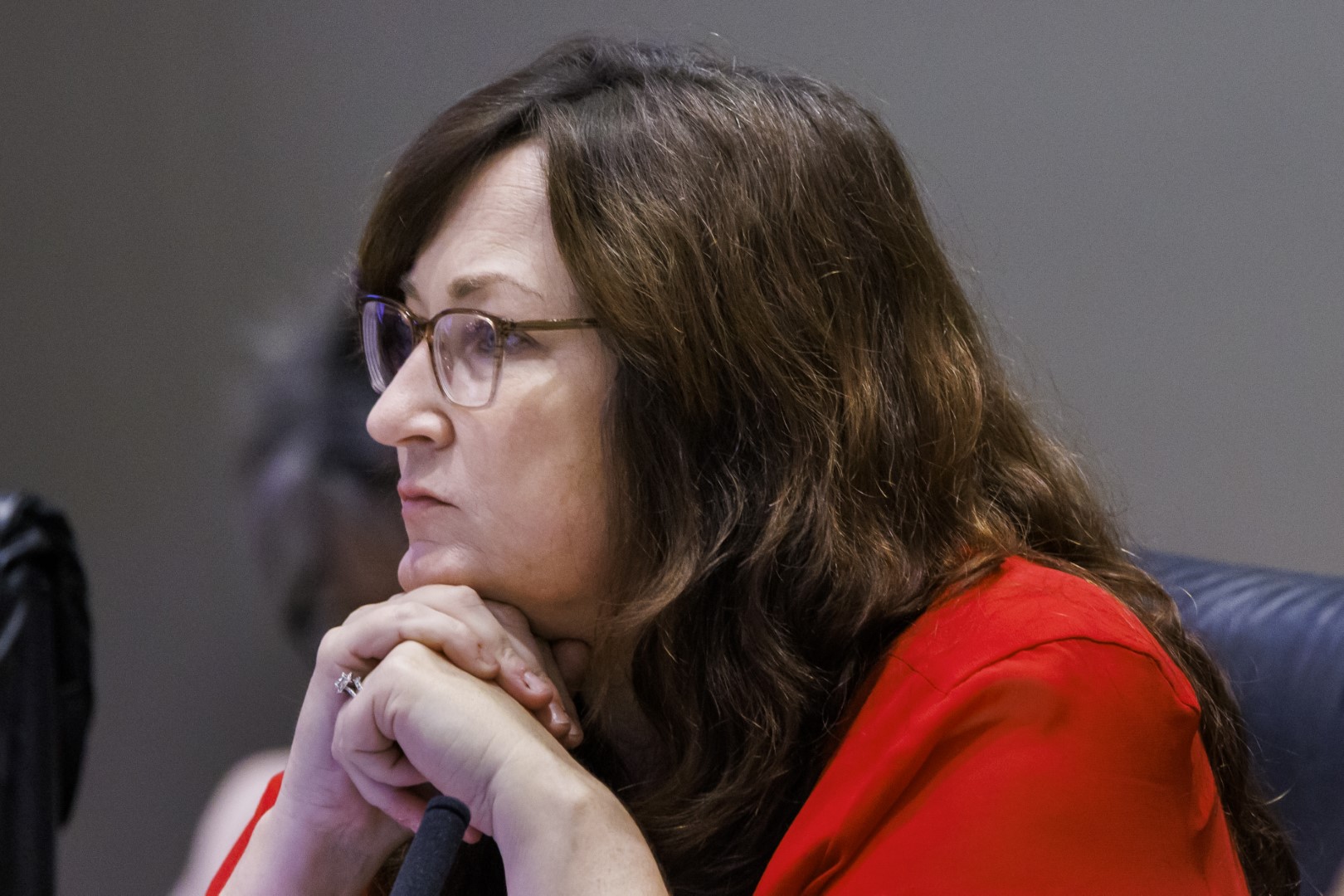A federal Judge on Tuesday ordered government agencies to restore public access to health-related webpages and datasets that they removed to comply with an executive order by President Donald Trump.
U.S. District Judge John Bates in Washington agreed to issue a temporary restraining order requested by the Doctors for America advocacy group. The Judge instructed the government to restore access to several webpages and datasets that the group identified as missing from websites and to identify others that also were taken down “without adequate notice or reasoned explanation.”
On Jan. 20, his first day back in the White House, Trump signed an order for agencies to use the term “sex” and not “gender” in federal policies and documents. In response, the Office of Personnel Management’s (OPM) Acting Director required agency heads to eliminate any programs and take down any websites that promote “gender ideology.”
Doctors for America, represented by the Public Citizen Litigation Group, sued OPM, the Centers for Disease Control and Prevention (CDC), the Food and Drug Administration (FDA) and the Department of Health and Human Services.
The nonprofit group cited the executive order’s adverse impact on two of its members: a Chicago clinic doctor who would have consulted CDC resources to address a recent chlamydia outbreak in a high school and a Yale School of Medicine doctor who relies on CDC resources about contraceptives and sexually transmitted infections.
“These doctors’ time and effort are valuable, scarce resources, and being forced to spend them elsewhere makes their jobs harder and their treatment less effective,” the Judge wrote.
The case is among dozens of lawsuits challenging executive orders that Trump, a Republican, issued within hours of his second inauguration.
The scrubbed material includes reports on HIV prevention, a CDC webpage for providing clinicians with guidance on reproductive health care and an FDA study on “sex differences in the clinical evaluation of medical products.”
Removing important information from the CDC and FDA websites is delaying patient care, hampering research and hindering doctors’ ability to communicate with patients, the plaintiffs’ attorneys argued in a court filing.
“The agencies’ actions create a dangerous gap in the scientific data available to monitor and respond to disease outbreaks, halt or hamper key health research, and deprive physicians of resources that impact clinical practice,” they wrote.
Government lawyers argued that Doctors for America’s claims fall “well short of clearly showing irreparable harm” to any plaintiffs and are unlikely to succeed on their merits.
“Either failure provides a sufficient basis for denying extraordinary relief,” they wrote.
During a hearing Monday, the judge asked plaintiffs’ attorney Zachary Shelley if the removal of the online material harms the public. Shelley said the doctors’ interests align with their patients.
“There is immense harm to the public,” Shelley said. “There are massive threats to public health.”
The judge concluded that the harm in this case ultimately trickles down to “everyday Americans” seeking doctors’ care.
“If those doctors cannot provide these individuals the care they need (and deserve) within the scheduled and often limited time frame, there is a chance that some individuals will not receive treatment, including for severe, life-threatening conditions,” Bates wrote.
Doctors for America is a not-for-profit group representing more than 27,000 physicians and medical trainees. It was born from an earlier organization that pushed for health reform and supported Barack Obama, a Democrat, when he was running for president.
___
Republished with permission of The Associated Press.
Post Views: 0

 Entertainment8 years ago
Entertainment8 years ago
 Entertainment8 years ago
Entertainment8 years ago
 Politics8 years ago
Politics8 years ago
 Tech8 years ago
Tech8 years ago
 Tech8 years ago
Tech8 years ago
 Tech8 years ago
Tech8 years ago
 Politics8 years ago
Politics8 years ago
 Tech8 years ago
Tech8 years ago











